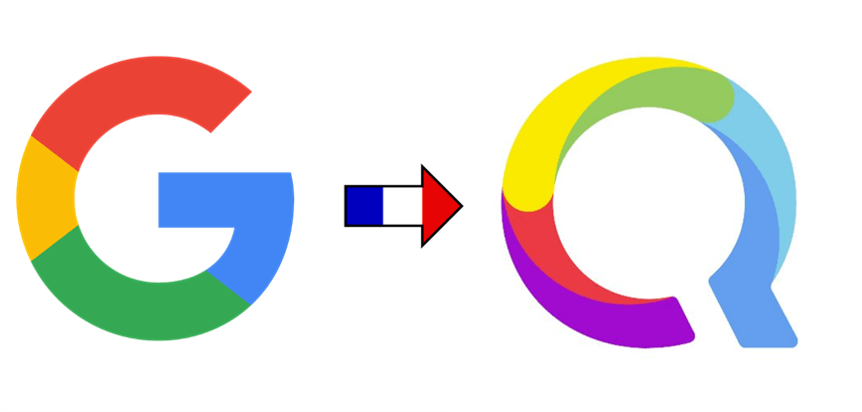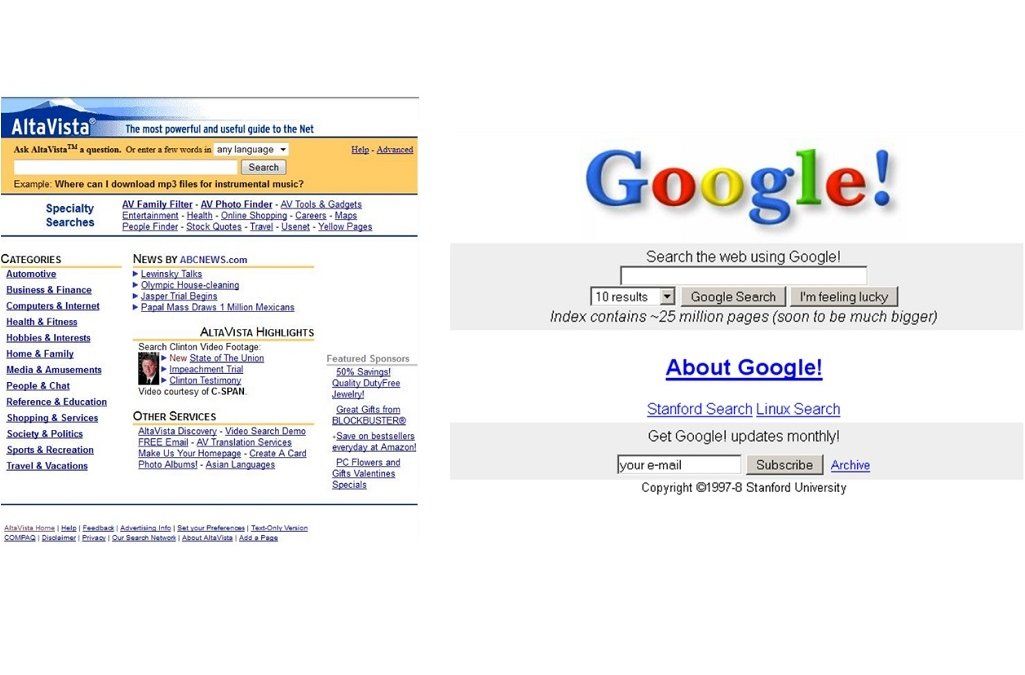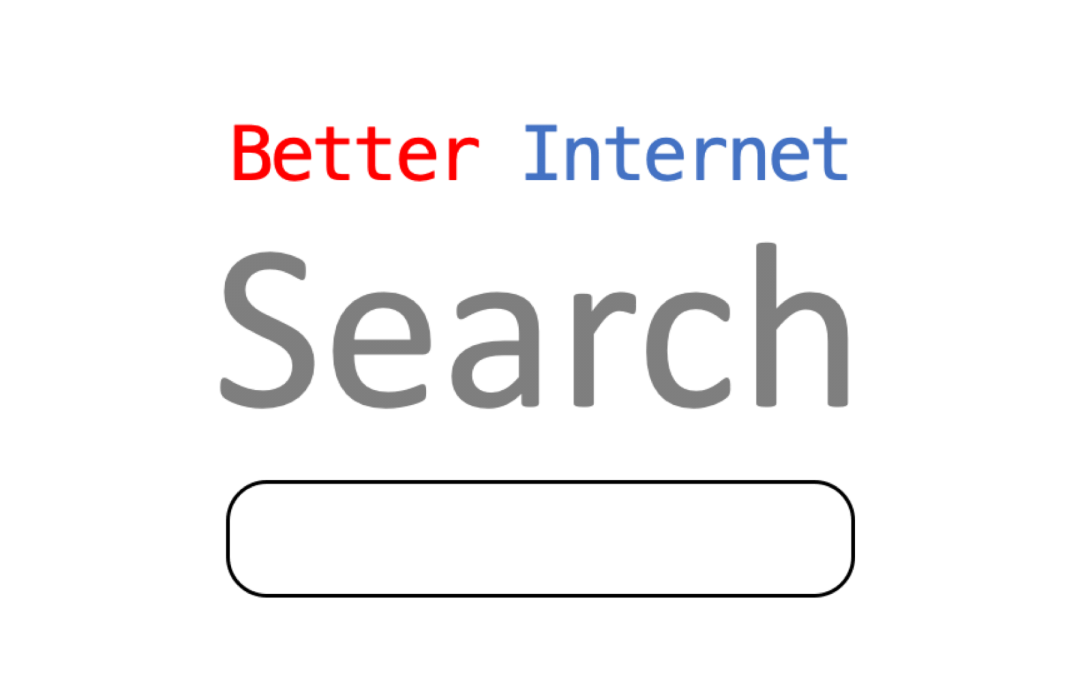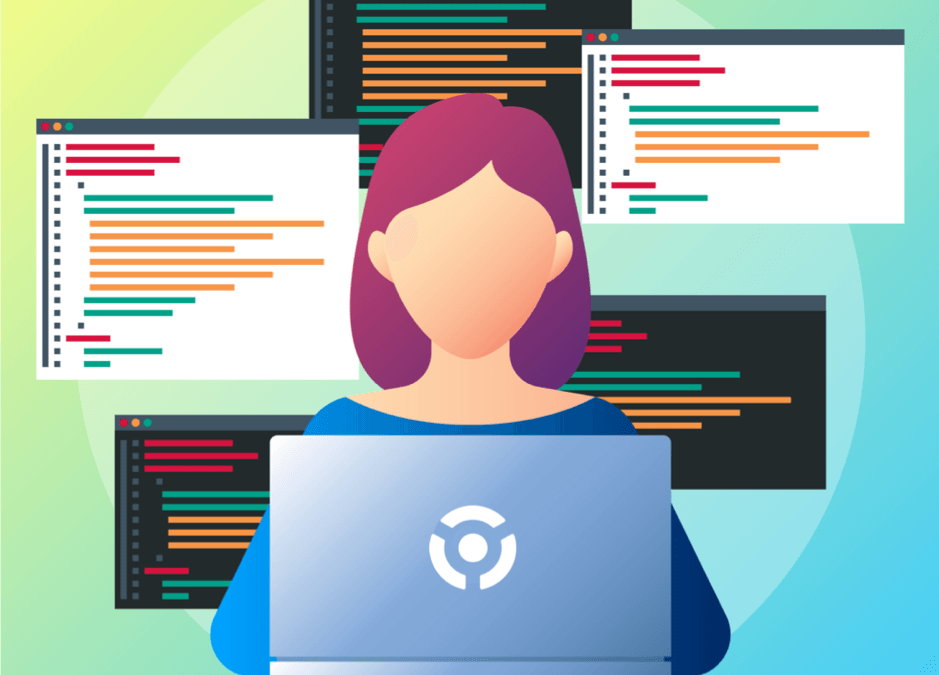What is Lifelogging?
What is lifelogging
The general understanding of the term ‘lifelogging’ is the recording of personal data created by our activities and behaviour. Clearly, throughout history these activities have been recorded in diaries and journals manually so lifelogging as an activity has been around a lot longer than the term itself. What is different about ‘modern’ lifelogging is that we can use technology to automate the process. The term ‘quantified-self’ is sometime used in place of lifelogging but tends to mean the information you derive about the person rather than just the data being recorded itself.
The history of lifelogging

In an article called “ As We May Think
” in 1945 Vannevar Bush describes the ‘Memex’ (memory index) as a device for individuals to compress and store all of their books, records, and communications providing an “enlarged intimate supplement to one’s memory”, an automated diary or personal internet of sorts. Then in his 1967 book “Science is Not Enough” he wrote “Memex Revisited” in which he mentions video tape, high-speed electric circuits, and the miniaturisation of solid-state devices such as TV. Bush was clearly very visionary, but real implementations of automated lifelogging were still some way off.
In 1981 Steve Mann designed and built a wearable computer with video capability and set about recording aspects of his life with his technology which he continued to improve. In 1994 Mann started to record his life 24/7. He is now considered to be one of the early pioneer of wearable technology or ‘wearables’.
Stephen Wolfram has been storing all of his digital data for a very long time. His file system has files dating back to 1980, he has OCR scans of paper documents dating back even further, his email data goes back to 1989. He also has a record of all his phone calls, his calendar with all his meetings and events and more recently since 2010 activity has been recorded through a pedometer. He has analysed his personal data and derives a personal benefit from having collected all of this data and said “ I suppose my greatest regret is that I did not start collecting more data earlier. ”
Gordon Bell , a researcher at Microsoft began the MyLifeBits project in 2001. This was a lifelogging experiment attempting to fulfil Bush’s vision of the Memex machine. Bell recorded almost everything over a number of years using a variety of input devices, and software was used to index the data for rapid retrieval.
DARPA (the Pentagons agency for new technologies) announced the LifeLog project in 2003 to record an individuals activities and interactions. Indexing of this information would allow them to retrieve the desired information and to mine the data for patterns. This project was cancelled in 2004 after concerns over privacy issues.
Mobilife was a European project that started in late 2004 with 22 partners including Nokia (the dominant mobile phone manufacturer at the time) and also Suunto (a pioneer of early wearable technologies). The project majored on the development of personal area networks, wearable sensors and context-awareness.
Also in 2004 Trisent Communications began development of context aware technology but was best known for its pioneering location based services (LBS) technology and was acquired by Artilium for that reason. However, the company did develop the experimental ‘Contextual Diary’, a lifelogging system using off-the-shelf smartphones to automatically publish your diary every day. Some of the experimental outputs are still in a trial blog called Emma’s Blog.
Lifelogging today
Up until around 2007 there were no commercial lifelogging apps available but through the emerging ubiquity of smartphone platforms (notably iOS and Android) and their associated app stores we now have hundreds of lifestyle apps, many are in the health and fitness sector with a significant number focussed specifically on lifelogging. Lifelogging apps of note are Chronos, Heyday, Instant, Kennedy, Momento, Moves, Saga and Track my Life. In addition to the phone apps there has been a proliferation of wearable technologies such as Fitbit, Googleglass, Apple Watch and many more that can track activities and specific aspects of your life. While sensors such as heart rate monitors and pedometers have been around for more than 10 years, the automated recording and processing of such data into a lifelogging format is more recent.
Factors that have helped the commercialisation of these technologies are; the relentless pace of miniaturisation, improved sensors, increasing processor power, reducing costs of data storage, improvements in the data networks and improvements in battery technology. It is only in the last decade that you or I could easily access lifelogging technology. We can expect this technology to improve significantly in the next decade and for the market to expand rapidly.
The Future
Technology has caught up and lifelogging is now commercially viable, so what will that future bring? Everyone familiar with the subject has their own opinion. The Age of Context book includes a vision that our personal data needs to be widely sacrificed in order to obtain some desired benefits. In the previous post we agreed to differ on that specific point.
We had just scheduled our new company launch for 6 th May 2016 and were planning the developed of a new lifelogging app when on 4 th April Mike Elgan of Computerworld wrote that “ Lifelogging is dead (for now)” based on the fact that Gordon Bell had given up his long-term MyLifeBits project. Then on 16 th April, Chris Anderson, former Editor in Chief at Wired, tweeted the following.
So is their a good future for lifelogging or should Trisent consider pivoting quickly? On analysis, it seems that both Bell and Anderson were not getting the desired benefits from their lifelogging. For Bell, he was trying to record absolutely everything and that is obviously difficult, time consuming and somewhat extreme. In Anderson’s case one of his aims was to improve his sleep, but the quality of the information he was able to record was basically not up to the task and so he gave up.
In contrast Stephen Wolfram, the longest served lifelogger of all, suggested “it won’t be long before it’s clear how incredibly useful it all is — and everyone will be doing it, and wondering how they could have ever gotten by before. And wishing they had started sooner, and hadn’t ‘lost’ their earlier years.” I do agree, but with the caveat that Wolfram is very technologically astute with the ability and motivation to collect and analyse his own data. Not many of us are able to do this ourselves.
Elgan’s Computerworld article, “Lifelogging is dead’, despite the provocative title perceptively points out that “the public appears to be suffering from data fatigue … I believe this apparent impulse to forget is not what it seems. In reality, people are just suffering from information overload.” And I have to strongly agree with that point. Today, trying to record and make sense of all of your data is quite frankly hard work, especially when a host of organisations are keen to grab a slice of it for their own benefit.
More wearables, improved sensors, faster processors with better batteries, all grabbing small bits of your digital life are not automatically going to improve your lifestyle (although that is why many of us buy new devices and download new apps). In reality the recoding of vast amounts of personal data is not a bad thing in itself, but when it is held by different apps and stored in a number of different places with multiple user interface – this frankly makes life more complex and users have been discarding last seasons apps and wearables surprisingly quickly.
Put simply lifelogging needs to deliver a lot more benefit for a lot less user effort to succeed. Fortunately for Trisent, that has been one of our primary aims from the outset. The ‘big reveal’ of a commercial product will happen next year!
The post What is Lifelogging? appeared first on Trisent.











